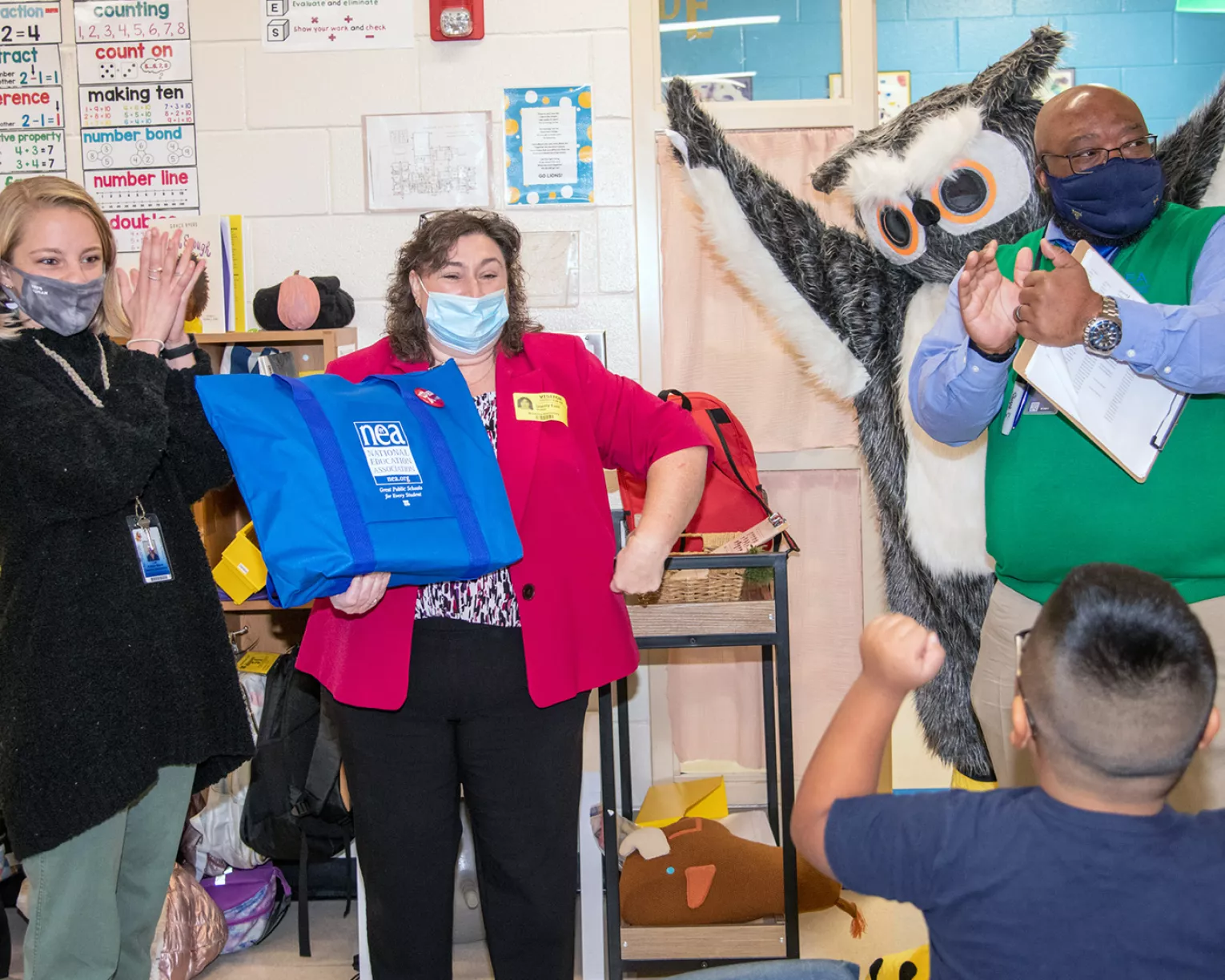The United States is often referred to as a melting pot—a country that has a diverse group of cultures, backgrounds and languages. In fact, while most of the population speaks only English at home, the Census Bureau reports over 350 languages are spoken inside U.S. homes.
This explains one major benefit of speaking another language: building relationships with individuals, neighbors and coworkers.
But there are other positives that your child can gain from foreign language classes or at-home lessons through a tutor or computer. Research has found that people who are multilingual may be better at analytical tasks like synthesizing information or understanding processes.
Language can be a bridge and open up your child’s mind to something new.
Multitasking and paying attention are two skills that can be hard for students to master. Learning a new language can help your child to do both well. Language courses can boost mental agility and help your child learn to juggle more than one project at the same time. This is especially helpful as they move into middle school and high school, where courses become more rigorous and homework piles on.
Does your child love to explore? Let language guide the way! As they start to visit places where English is not the primary language, it will be helpful for them to have knowledge of another country’s primary language.
In addition to language differences, places they travel to may also have cultural differences, causing a gap in understanding the values and beliefs. Language can be a bridge and open up your child’s mind to something new.
As you practice languages with your child at home, think about the beneficial foundation you are building for your child’s other classes and their academic future. Language learning can lead to higher academic achievement on standardized tests, improved reading ability and better problem solving skills.
Supporting Language Learning at Home
- Carve out time to practice. Learning a new language might not come easy to your child, but extra practice at home will allow them to gain the confidence they need to do well in the classroom. Make it a point to ask your child to answer a question or say something to you in a different language each day.
- Visit local places to deepen their cultural experience. Check your local community website for events that tie to the language your child is learning. Look out for exhibits that will show your child a different aspect of the culture. Local organizations may also offer classes that can supplement what your child is exposed to in their classroom.
- Use technology as a resource. Videos, books and music can be a good way to help your child learn differently than day-to-day lectures or conversing. There are also multiple apps that you or your child can download on devices that help with pronunciation, reinforce learning and make their new language fun.
Learning a new language doesn’t have to be scary or boring. Partner with your child’s educator to see what other resources you can use to help your child become a multilingual student and citizen. You may even pick up a language or two yourself!
Suggested Further Reading
Use Your Educator Voice.
